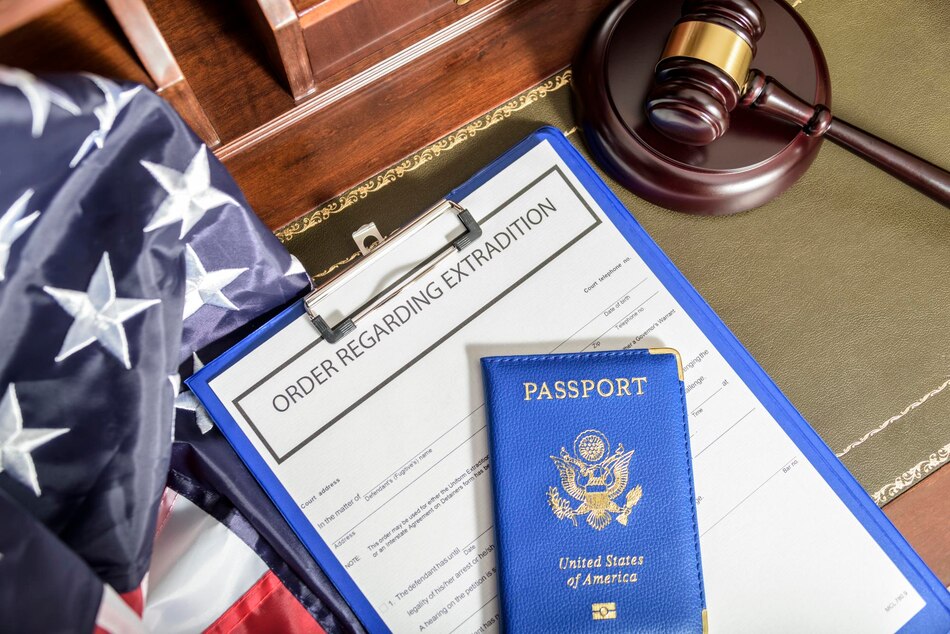Introduction
Canada, often regarded as a land of opportunity and diversity, has been a magnet for immigrants from around the world. Its welcoming policies and open-minded approach have made it a sought-after destination for those seeking a better life, education, or professional opportunities. But How Long Will the Country Accept Immigrants? In this blog, we will explore Canada’s history of immigration, its current policies, and the prospects for the future.
Table of Contents
A History of Immigration
Canada’s history is intrinsically linked with immigration. Indigenous peoples have lived on this land for thousands of years, but European colonization began in the 15th century. In the centuries that followed, people from various parts of the world arrived, including settlers from Europe, Chinese laborers, and South Asian migrants who helped build the Canadian Pacific Railway.
In the mid-20th century, Canada’s immigration policies shifted towards a more inclusive and non-discriminatory approach, notably with the introduction of the Immigration Act of 1967. This marked the end of racial and ethnic restrictions and laid the foundation for Canada’s current immigration system, which values diversity and skills.
How Long Will the Country Accept Immigrants?
Canada’s Current Immigration System
Canada’s immigration system is known for its fairness, transparency, and commitment to welcoming people from all walks of life. The country has several immigration pathways, including economic immigration, family reunification, and refugee resettlement. Each year, the Canadian government sets immigration targets to welcome a specific number of newcomers. These targets have been on the rise in recent years, demonstrating Canada’s continued commitment to immigration.
The Express Entry system, which was introduced in 2015, has become one of the most popular pathways for skilled workers to become permanent residents. This points-based system evaluates candidates based on their age, education, work experience, language proficiency, and other factors. It is designed to select individuals who will contribute positively to the Canadian economy.
Family reunification is another crucial aspect of Canada’s immigration system. This pathway allows Canadian citizens and permanent residents to sponsor their close family members to join them in Canada. Family reunification has been a cornerstone of Canadian immigration policy, reflecting the importance of keeping families together.
Canada is also known for its humanitarian efforts in welcoming refugees. The country has a proud history of providing a safe haven for those fleeing persecution, conflict, or disaster. The government works closely with organizations like the United Nations High Commissioner for Refugees (UNHCR) to resettle refugees in Canada.
Prospects for the Future
The question of how long Canada will accept immigrants is an intriguing one, as it largely depends on several factors, including political, economic, and social considerations.
- Economic Considerations: Canada’s economy has benefited significantly from immigration. Immigrants contribute to economic growth, fill labor gaps, and support innovation. Therefore, it is likely that Canada will continue to welcome skilled workers who can help drive the country’s economic success.
- Demographic Shift: Like many developed countries, Canada is facing an aging population. Immigration helps mitigate the demographic challenges by bringing in a younger workforce. To sustain its social programs and economic stability, Canada may need to maintain or even increase its immigration levels.
- Global Leadership: Canada has also positioned itself as a global leader in promoting diversity and inclusion. Continuing to accept immigrants aligns with its values and commitments to human rights and global peace.
- Public Opinion: The level of support for immigration among Canadians can influence immigration policies. A majority of Canadians have historically supported immigration, but public opinion can change due to various factors, such as economic conditions, security concerns, or political rhetoric.
- Government Policies: The stance of the Canadian government, which can change with each new administration, plays a significant role in immigration. Different political parties may have varying views on immigration levels, pathways, and priorities.
- Global Events: Unexpected global events, such as a major economic crisis or geopolitical conflicts, can influence immigration policies. Canada’s approach may need to adapt to these external factors.
Conclusion
Canada’s history of immigration, its current policies, and its prospects for the future suggest that the country will continue to accept immigrants. How Long Will the Country Accept Immigrants? Its inclusive and diverse society is a testament to its commitment to welcoming newcomers from all over the world.
While the specific numbers and pathways may change, How Long Will the Country Accept Immigrants? the core values of Canada’s immigration system, which include economic growth, family reunification, and humanitarian efforts, are likely to remain intact. The open doors of Canada will likely endure, making it a destination of hope and opportunity for those seeking a better life.
As long as Canada continues to benefit from immigration, How Long Will the Country Accept Immigrants? both economically and socially, and as long as it remains dedicated to its values of diversity and inclusion, it is reasonable to assume that the country will keep its doors open to immigrants for the foreseeable future. The “how long” question will remain a dynamic one, shaped by the interplay of factors that evolve over time.
Frequently Asked Questions (FAQ)
1. Is Canada currently accepting immigrants?
- Yes, Canada is actively accepting immigrants through various immigration pathways, How Long Will the Country Accept Immigrants? including economic immigration, family reunification, and refugee resettlement.
2. What is Canada’s Express Entry system?
- The Express Entry system is a points-based immigration system that selects skilled workers based on factors like age, How Long Will the Country Accept Immigrants? education, work experience, language proficiency, and more, with the aim of contributing to Canada’s economy.
3. How does family reunification work in Canada?
- Canadian citizens and permanent residents can sponsor their close family members to join them in Canada. How Long Will the Country Accept Immigrants? Family reunification is an essential part of Canada’s immigration policy.
4. Why does Canada welcome refugees?
- Canada has a history of providing a safe haven for refugees fleeing persecution, conflict, or disaster. How Long Will the Country Accept Immigrants? The government collaborates with international organizations to resettle refugees in Canada.
5. Will Canada continue to accept immigrants in the future?
- While specific immigration numbers and policies may change over time, Canada’s commitment to diversity, How Long Will the Country Accept Immigrants? economic growth, and humanitarian values suggests that it will likely continue to welcome immigrants. The duration of this commitment is influenced by a range of factors, including economic, political, and social considerations.











